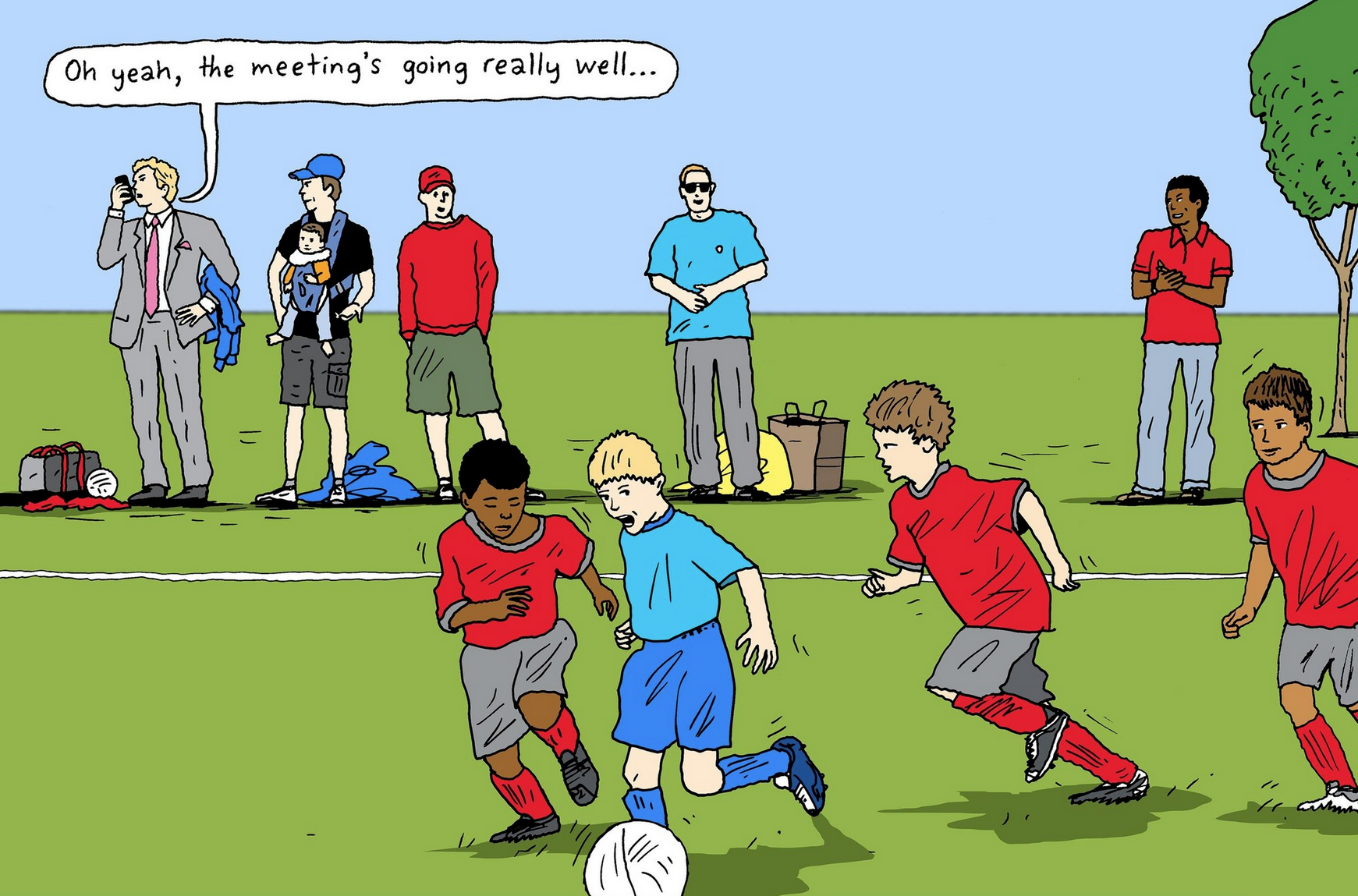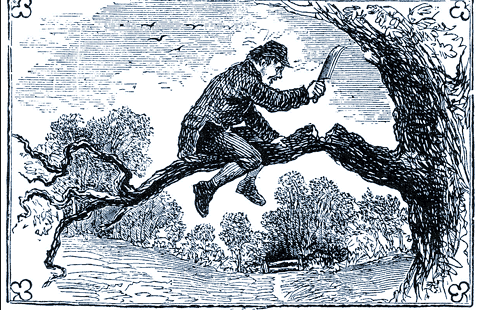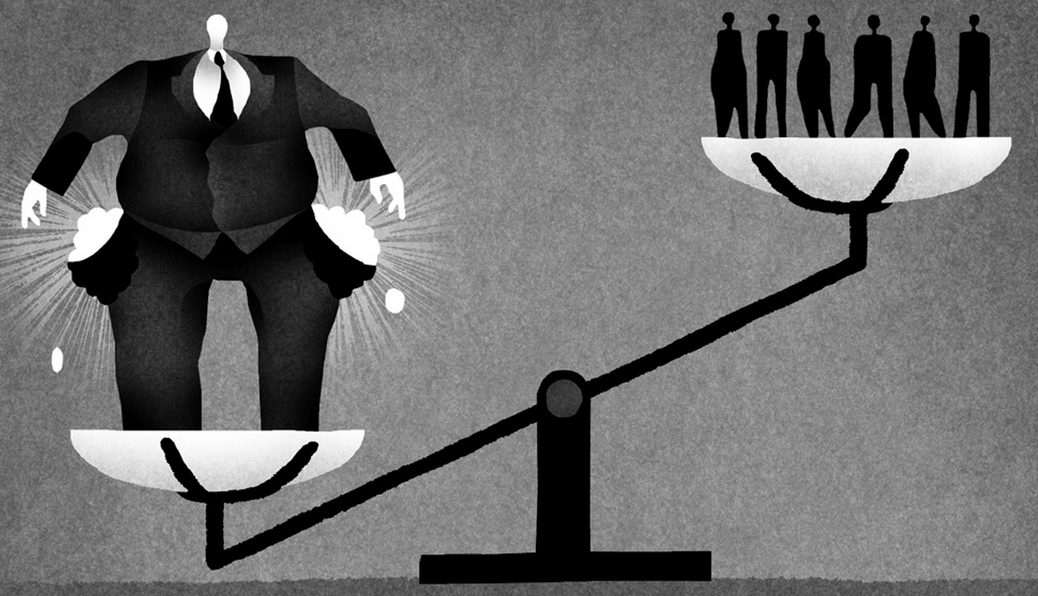July 7, 2015
A recent study has found that when bosses put employees’ needs over their own, measurable improvements result: in customer satisfaction, higher job performance by employees, and lower turnover are the result. According to the researchers, this type of leadership suggests that if businesses lead by caring for their people, the profits will take care of themselves.
Although this study focused on a service-oriented business, I think its implications highlight something broader: The findings mirror growing recognition by organizations, by individuals in relationships and throughout society in general that positive, supportive engagement with others — in which you serve something of value and importance to all of you, and not just your own narrow self-interest – creates positive benefits for everyone. And that’s really a core feature of a healthy society – one in which people’s attitudes, values and behavior adapt positively to continuous change; to the growing diversity and interconnection among people. Such adaptation promotes positive outcomes for all. Business leadership, as this and many other studies show, increasingly recognizes that reality. But it also applies to intimate and family relationships; and has implications for public policy, as well.
This particular study adds another bit of evidence in the business realm. For example, it found that when bosses act as servants to their employees, it’s good for business. The research found measurable increases in key business metrics like job performance, customer service and employee retention. That is, employees feel the most valued and give back to the company and its customers when their bosses create a culture of trust, caring, cooperation, fairness and empathy. According to Sandy Wayne, one of the authors of the research, “The best business leadership style is far from, ‘Do this. Don’t do that.’ A servant leader looks and sounds a lot more like, ‘Is there anything I can do to help you?’ Or, ‘Let me help you….’ Or, ‘What do you need to…?’ This approach helps employees reach their full potential.”
The corresponding admiration employees have for bosses who care about them manifests itself in teamwork, loyalty and dedication to the business and its customers. The leadership style trickles down. Wayne said, “It’s contagious. The employees see their leaders as role models and often mimic those qualities, creating a culture of servant leadership. This serving culture drives the effectiveness of the business as a whole.”
The need for management cultures that recognize and support this kind of leadership is highlighted when you consider the frequent surveys that show ongoing work-related stress, often associated with negative or unsupportive leadership. One current example is a survey of over 2000 people. It found that the majority of workers feel overworked, and that burnout appears to have become the new normal.
And that’s a prescription for an unhealthy workforce and society.
Credit: ASTD


















































